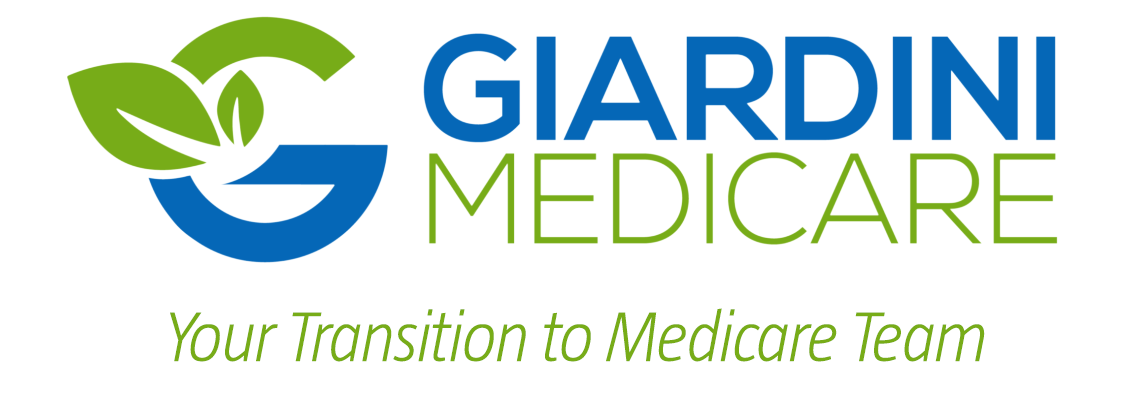As of its passing, the Inflation Reduction Act will aim to reduce the cost of prescription drugs covered by Medicare, thereby saving money for the Medicare program and its beneficiaries and improving Medicare benefits.
How?
The bill will require the federal government to negotiate with drug manufacturers to get lower prices for high-cost drugs.
Drug companies will also pay Medicare rebates if their prices increase faster than overall inflation.
Then it will improve Medicare’s drug benefits by placing a $2,000 annual limit on out-of-pocket drug spending beginning in 2025. It will also cap out-of-pocket insulin expenses at $35 a month as early as 2023.
The bill will also eliminate cost sharing for Medicare Part D covered vaccines (like the shingles vaccines) while expanding eligibility for the federal low-income drug subsidy program.
The Inflation Reduction Act looks to improve Medicare drug benefits by limiting the cost-sharing a beneficiary will be required to pay annually and will put systems in place to make it easier for Medicare beneficiaries to pay for expensive prescriptions in more manageable monthly payments.
The Inner Workings
The U.S. Senate passed the Inflation Reduction Act on August 7th, which was then passed by the House on August 12th. The non-profit Kaiser Family Foundation (KFF) has done multiple analyses on the health provisions in the legislation and how they will affect people.
The new legislation requires the HHS Secretary to negotiate prices for some of the most expensive drugs covered by Medicare. It also requires drugmakers to pay rebates if prices for medicines used by Medicare beneficiaries rise faster than inflation. In addition, the legislation caps out-of-pocket drug spending for beneficiaries in Medicare Part D at $2,000 annually.
The bill also extends the increased Affordable Care Act subsidies for three years. The temporary boost increased the financial help available to people eligible to buy subsidized health plans in the ACA Marketplaces. It also expanded subsidies to more middle-income people, previously priced out of coverage.
This bill would make it so drug companies couldn’t raise their monthly premiums above a certain level.
Part of its provision for free vaccines for seniors and extending Affordable Care Act subsidies for three more years is making medical insurance coverage less expensive for lower and middle-income Americans who bought coverage on federal and state insurance exchanges.
Cons to Be Aware Of
Under this legislation, seniors will get a financial break, but younger people who have to buy their insurance or get it through an employer plan will not get the same protections.
The prescription drug provisions in the legislation only apply to Medicare recipients and not those who get their coverage through their employer.
The prescription drug benefits only apply to those enrolled in Medicare, which worries employers who provide medical insurance for over 150 million Americans.
Transition to a Medicare Plan with Giardini Medicare Today
Need help figuring out what medical insurance in Michigan you need, given these new developments? Talk to Giardini Medicare today! We’re an independent agency that can help you sign up for a Medicare Advantage or Medigap plan to suit your needs. Visit our website to begin!

Joanne Giardini-Russell is a Medicare Nerd & the owner of Giardini Medicare, helping people throughout Metro Detroit and the country transition to Medicare successfully. Contact Joanne at joanne@gmedicareteam.com or by calling 248-871-7756.



Leave a Reply